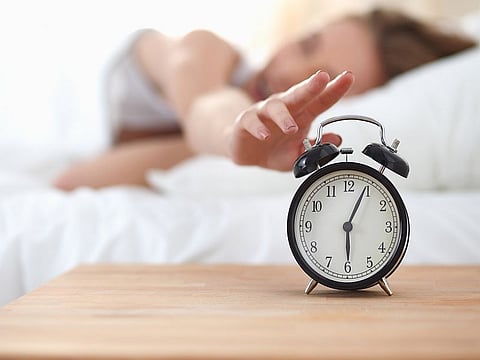WEDNESDAY, Sept. 20, 2017 (HealthDay News) -- If mom is an insomniac, her kids are likely to be poor sleepers, too.
New research finds that children whose mothers have trouble sleeping fall asleep later, don't stay asleep as long and spend less time in deep slumber.
"These findings are important because sleep in childhood is essential for well-being and development," said study leader Sakari Lemola, an assistant professor of psychology at the University of Warwick in England.
Poor sleep could take a toll on kids' mental and physical health and cause trouble with memory, learning and overall school performance, researchers said.
For the study, Lemola's team used in-home electroencephalography (EEG) to assess the sleep quality of nearly 200 children ages 7 to 12 and that of their parents.
This test records electrical activity in the brain, allowing researchers to pinpoint various stages of sleep. Parents also reported on their own sleep and that of their kids.
The study found an association between mothers' insomnia and poor sleep among their kids. In these cases, parents reported kids had problems getting into bed and weren't getting enough sleep.
Researchers found no such link between fathers and their kids. They theorize that children may be more strongly influenced by their mother because they typically tend to spend more time together.
"The findings show that children's sleep has to be considered in the family context," Lemola said in a university news release. "In particular, the mother's sleep appears to be important for how well school-aged children sleep."
When it comes to sleep habits, kids learn from their parents, the researchers explained. They also share their parents' DNA and may have a similar tendency to have trouble sleeping, the investigators noted.
Family discord, or fighting, could also prevent parents and children from sleeping well, the authors cautioned. They added that parents who suffer from insomnia might not notice or intervene effectively if their child is not getting enough sleep.
In adulthood, 30 percent of people have disturbed sleep.
The study was published in the October issue of Sleep Medicine.
More information
The National Sleep Foundation provides more information on children and sleep.


